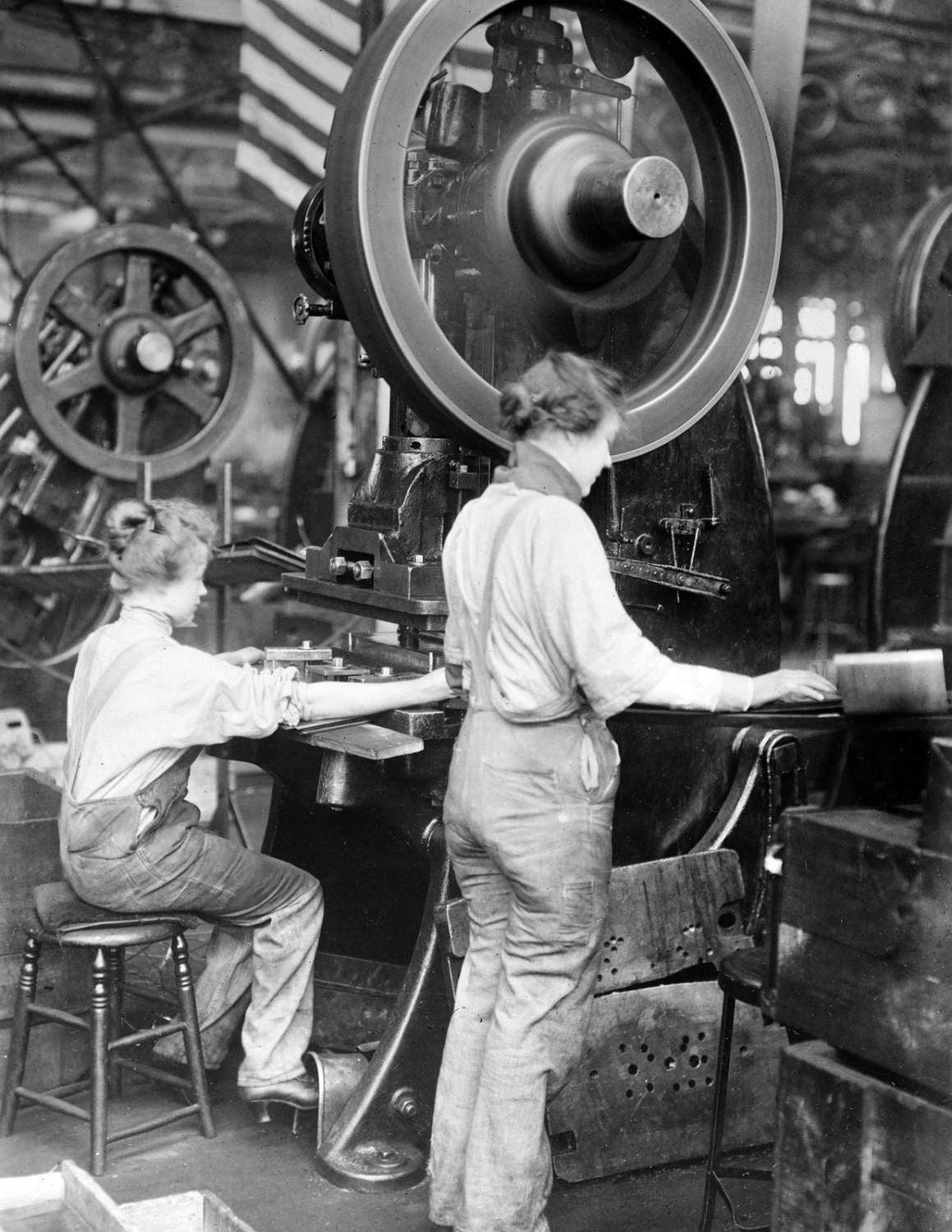As a workplace coach, I meet a lot of people looking for jobs. Some clients want to take the first tentative into or back into employment and others who are already working want to do something else. I would even include colleagues seeking new challenges or a better salary within this second group.

The clients are highly eclectic and have a range of ambitions to match, and what motivates people is often surprising. I know of a civil engineer who wants to become a cleaner, a young mother with a degree in criminology who wants to be a dental nurse and a professional ballet dancer who’s pleased to have left the stage to become a Personal Trainer.
Stars in the sky and on the ground
What connects this group of people and many others I know, is they are seeking simplicity. The engineer has lost patience with their profession and tells me they want to do something straightforward they can do well without having to torture their mind with deep daily challenges. The ballet dancer is tired of attending auditions only to be told she’s ok for the chorus but not the lead. She is getting well paid in the gym and gets satisfaction from helping her clients feel better about themselves. She is also bored of being told she could be a ballet teacher. The stars people reach for are not always elevated and lofty, they can be attainable and controllable too and it’s important to respect different ambitions.
I have also noticed that people appear to prefer working locally and do not want to commute. The Pandemic has meant lost income and transport companies, in order to recoup their losses are providing fewer trains and buses. This coincides with the increased use of private cars meaning that the remaining buses on the road have more traffic to contend with and their passengers subsequently arrive late. The circle becomes a vortex that includes a disdain for wasting time travelling to and from work.
It feels as if many young people are less attracted to Central London. The once magnetic work hub now seems to represent a range of negative opportunities to overspend on lunches and unnecessary items on display in the remaining fashion stores and cocktail bars. Anecdotal evidence suggests that young people want to save what they can for a deposit on a home and that the restaurants of Covent Garden will have to wait for the return of cash-rich tourists before they can begin a proper economic recovery.
The Pandemic has made people weary and tired. Many of us, particularly the young, have had big chunks of our lives removed. Of course, we have all been affected, but two lost years is a bigger percentage out of the life of an 18-year-old than it is for older people and it is their mental health that is probably, proportionately the worst hit.
The long-term health effects of Covid-19 are not yet known and I suspect the socio-economic outcomes are equally unpredictable. As time unfolds all we can do is remain patient and vigilant.
